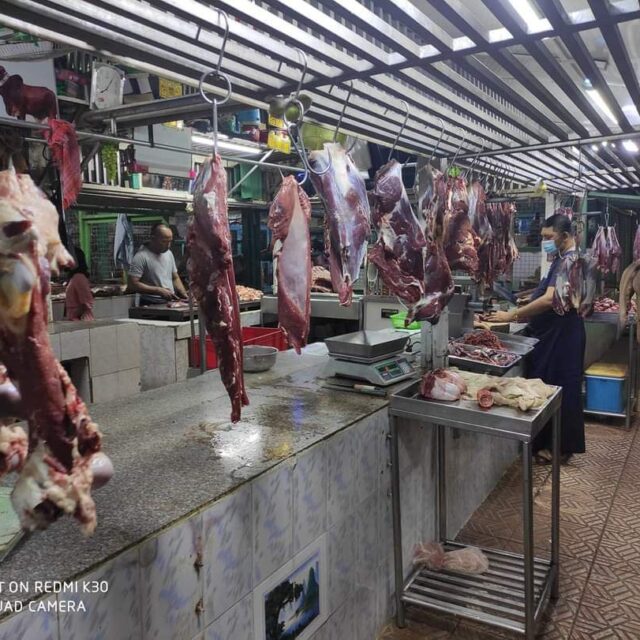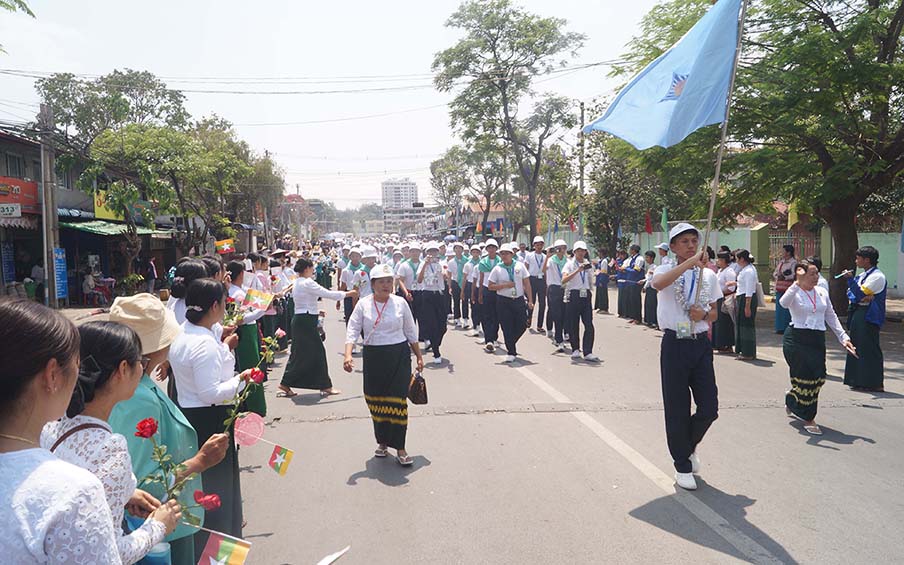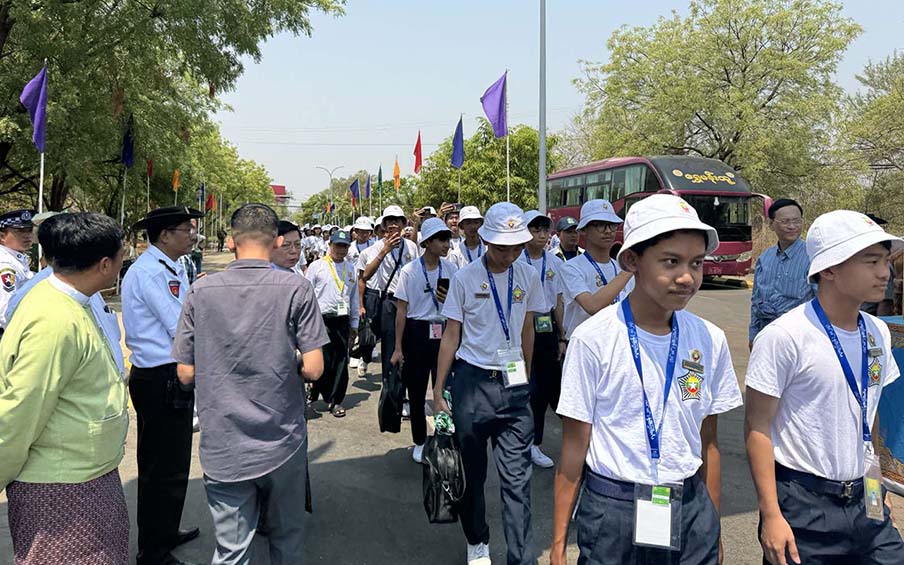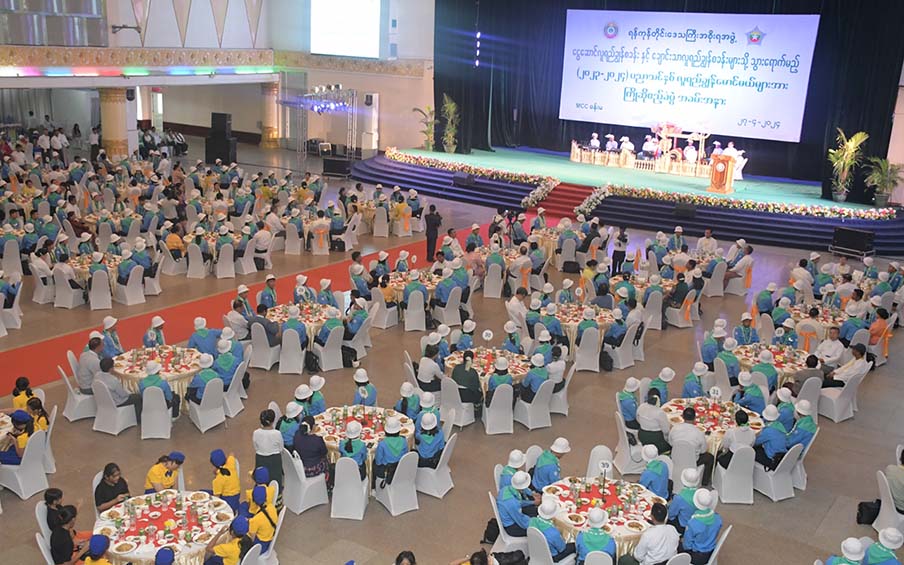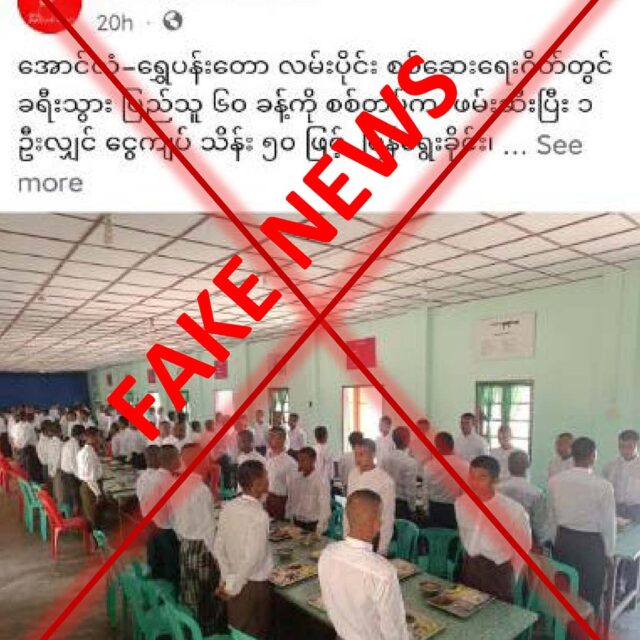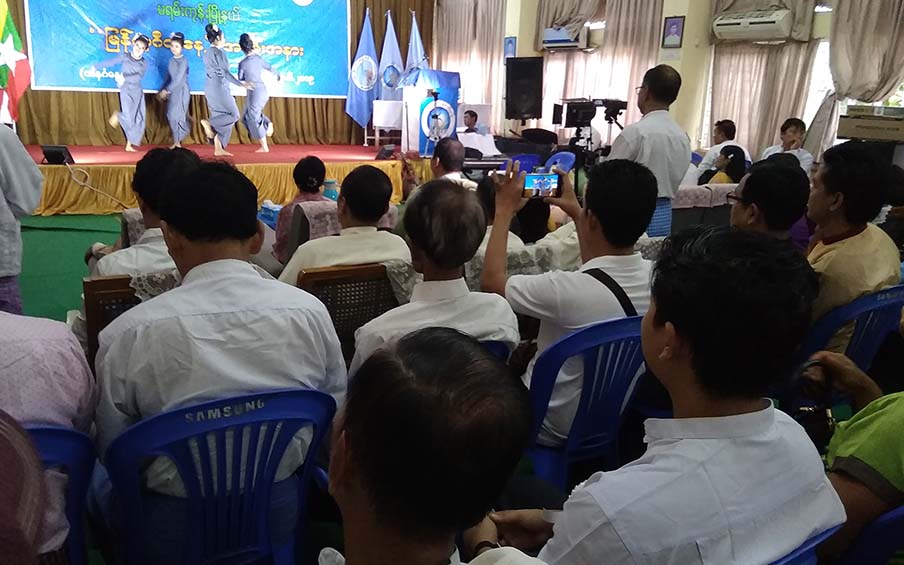Money laundering stands as a criminal activity with far-reaching implications, adversely affecting both the socioeconomic fabric of society and the State’s revenue streams. This illicit practice directly impacts the economic and financial sectors, giving rise to financial crises and elevated commodity prices that burden the populace.
Perpetrators of money laundering exploit various avenues, transforming their illegal gains into seemingly legitimate assets through investments, business operations, and acquiring goods and materials, often disregarding the resulting spike in commodity prices. The dwindling stocks of commodities in the market become a primary catalyst for inflation, thereby destabilizing the nation’s economic sector.
The detrimental effects of money laundering extend beyond mere financial losses, making it crucial to address this issue comprehensively. Technological advancements in modern times have heightened the complexity of crime cases, necessitating specialized training for investigators to enhance their efficiency. As a member of the United Nations Convention against Corruption-UNCAC, Myanmar’s commitment to combating money laundering aligns with implementing UNCAC provisions, emphasizing the collaboration between the Financial Intelligence Unit and the Anti-Corruption Commission to fight corruption and money laundering effectively.
Recognizing the gravity of this issue, the government has launched concerted anti-money laundering campaigns domestically and internationally, collaborating with relevant organizations and seeking assistance from neighbouring countries. The Financial Intelligence Unit of the Myanmar Police Force, the Anti-Corruption Commission, and legal bodies collaborate closely with the government in the battle against money laundering.
Money laundering encompasses actions that violate the proceeds of crime (POC), involving the illicit transfer, concealment, and conversion of the origin, appearance, location, and ownership of funds to present them as clean money. Unlike the direct commission of crimes, money laundering involves processing proceeds obtained through the perpetration of an original offence.
To combat money laundering effectively, law enforcement agencies, in their pursuit of the primary criminal activity, must ascertain whether money laundering has occurred. This necessitates conducting thorough financial investigations, especially in cases related to corruption. Establishing laws and procedures to enhance financial investigations concurrently with corruption cases is imperative.
The detrimental effects of money laundering extend beyond mere financial losses, making it crucial to address this issue comprehensively. Technological advancements in modern times have heightened the complexity of crime cases, necessitating specialized training for investigators to enhance their efficiency. As a member of the United Nations Convention against Corruption-UNCAC, Myanmar’s commitment to combating money laundering aligns with implementing UNCAC provisions, emphasizing the collaboration between the Financial Intelligence Unit and the Anti-Corruption Commission to fight corruption and money laundering effectively.
Money laundering’s impact on Myanmar’s economic sector underscores the urgency for a collective effort from all segments of society. It is imperative that individuals from all walks of life unite in a conscientious fight against money laundering, transcending social strata, to eliminate these illicit practices from society.





